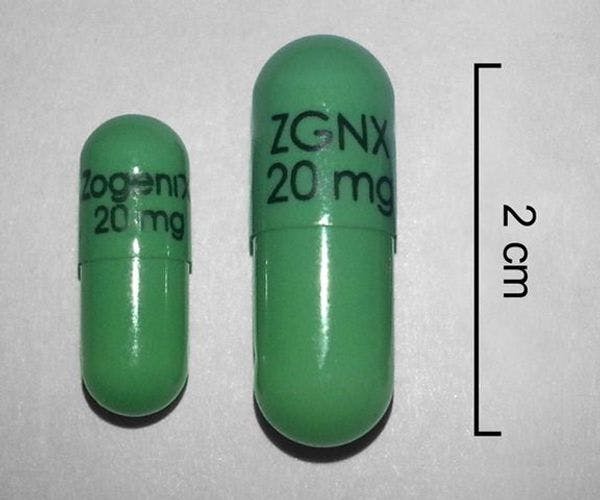Inde : Une réforme des politiques des drogues orientée vers la société civile, pour la santé et le bien-être des individus
Une revue multicentrique de l’engagement de la société civile pour assurer un accès aux médicaments essentiels opioïdes en Inde. Pour en savoir plus, en anglais, veuillez lire les informations ci-dessous.
Abonnez-vous à l'Alerte mensuelle de l'IDPC pour recevoir des informations relatives à la politique des drogues.
The lack of adequate access to opioids in India as analgesics and for agonist therapies, forces millions to live with severe unalleviated pain, or languish with suffering associated with drug dependence. Although India is a major opium exporter, the excessively prohibitive 1985 narcotics law formulated to control harmful use of drugs, impeded the availability and access to opioids for medical and scientific purposes. Amendment of this law in 2014 established a new national regulatory framework for improved access to essential opioid analgesics.
This article reflects on key elements and processes that led to this landmark achievement. Unlike quick timelines associated with effecting policy reforms for law enforcement, realizing the 2014 drug policy change primarily to mitigate human suffering, was a 22-year-long process. The most exacting challenges included recognizing the multilayered complexities of the prior policy framework and understanding their adverse impact on field practices to chart an appropriate and viable path for reform. The evolution of an informal civil society movement involving health care professionals, lawyers, media, policy analysts, government officials, and the public was pivotal in addressing these challenges and garnering momentum for reform.
The success of the effort for improving access to opioid medications was underpinned by a three-pronged strategy:
- Persuading the executive arm of the government to take interim enabling measures;
- Leveraging judicial intervention through public interest litigation;
- Crafting a viable policy document for legislative approval and implementation. We hope our findings are useful for realizing drug policy reforms, given the current transformed global policy mandates emphasizing humanitarian, healthcare, and quality-of-life considerations.
Click here to read the full article (behind paywall)
Keep up-to-date with drug policy developments by subscribing to the IDPC Monthly Alert.
